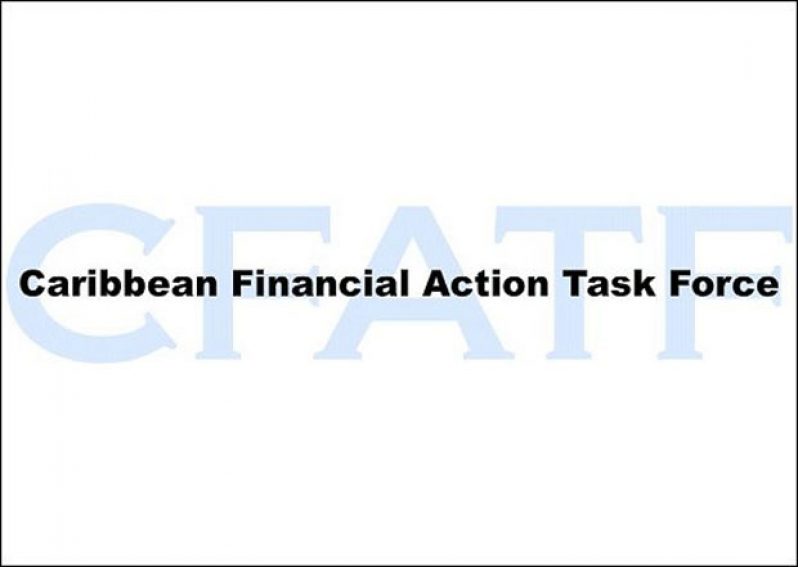–following the CFATF ruling on Guyana’s AML/CFT non-compliance
DEPUTY Governor of the Bank of Guyana (BoG), Dr. Gobind Ganga, has underscored that effective international blacklisting of Guyana would have dire consequences for the country’s financial sector.
He said last Friday that “blacklisting carries an enormous cost…international blacklisting will not only result in a major cost to the Guyanese economy, but it will result in adverse effects, including a slower financial process…it is not only posing problems in the banking industry but the business sector also, which plays a vital role in economic growth.”

Finance Minister Dr. Ashni Singh endorsed Dr Ganga’s comments in an invited comment, pointing out that the matter of blacklisting goes to the core of the integrity of Guyana’s financial system.
Dr Singh said, “You cannot trifle, you cannot gamble, with the integrity of your financial system…the responsibility for the advisory issued by CFATF today lies squarely and firmly at the feet of the Opposition.”
Addressing the issue of possible increases in exchange rates and measures that Government can implement, Dr Singh stressed that Government’s ability to act is limited.
He said: “The Government has at its disposal a few very limited instruments, but we don’t control the exchange rate, and so the Government’s latitude to intervene is extremely finite and very limited.
“I don’t wish to speculate on implications for the exchange rate, and I don’t wish to speculate on the exchange rate; but I will say that it is a fact that this advisory is very clear in its language. It is a fact that this development will have an implication for foreign inflows into this country, and for trade transactions with this country.”
The Finance Minister however, stated that the current administration remains open to dialogue with the Opposition.
“The door has never been closed, and we remain available to talk with the Opposition. It is imperative that Guyana enacts legislation that is CFATF compliant as a matter of the greatest urgency, even as we speak on any other political matter,” Dr. Singh said.
CFATF, in its pronouncement on Thursday, detailed the counter-measures that can be taken by its members to protect their financial systems from the ongoing money laundering and terrorist financing risks emanating from Guyana. These include the requirement of enhanced due diligence measures; introducing enhanced reporting mechanisms, or systematic reporting of financial transactions; refusing the establishment of subsidiaries or branches or representative offices in Guyana; and taking into account the fact that financial institutions from Guyana do not have adequate AML/CFT systems, and thus limit business relationships or financial transactions with this country.
Guyana was first blacklisted at the regional level in November 2011, when CFATF brought to the attention of its members certain jurisdictions — Guyana among them – that had significant strategic deficiencies in their respective AML/CFT regimes.
(By Vanessa Narine)



.jpg)








